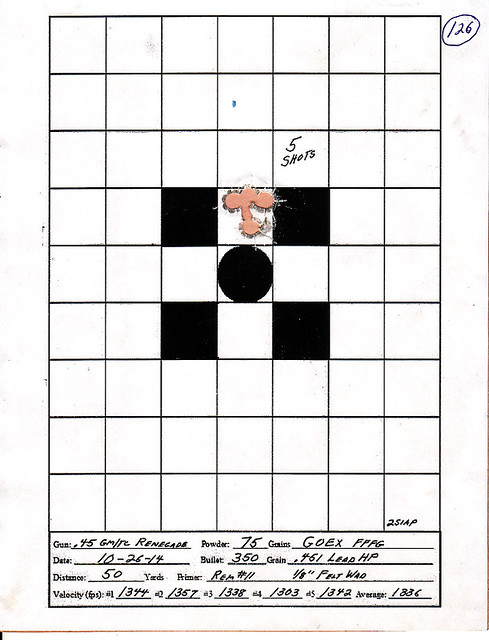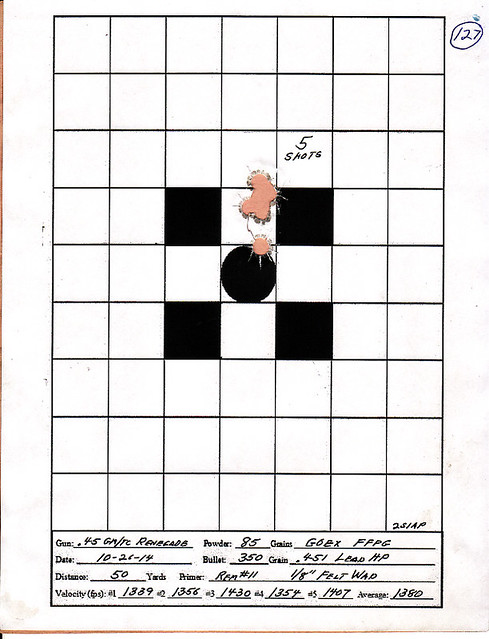Hi Black Jaque,
Whenever pressure is increased in a percussion gun/rifle, the nipple will wear out faster and accuracy suffers.
For example, if you only shot light target loads with a patched round ball, the nipple would last the longest before needing replaced.
Up that to a patched round ball with heavy loads (more powder) and the nipple wears out faster because of more pressure on each shot.
Up that to a conical that is heavier than a round ball and the nipple wears out faster still. If heavy hunting loads are used (more powder) then the nipple will wear out even faster.
On rifles used for competition, I strongly suggest putting a new nipple on at the beginning of every year AND checking/recording the group size. That way one doesn't normally have to be concerned with the nipple going bad and accuracy loss that year.
For hunting rifles where many people don't shoot the gun much other than hunting, you can often go two or three years per nipple. However, I recommend shooting the rifle for a group each year to ensure the load is still accurate.
Also strongly recommend having at least one NEW spare nipple on hand at all times in case the nipple goes out sooner than expected. I consider that cheap insurance.
Now as to the old nipple/s you replace, I strongly recommend you throw them away as soon as your replace them, so they don't "find a way back onto" that gun/rifle or another gun/rifle.
Some folks use their old/worn out nipples with a rubber/plastic tube for cleaning and that's OK, but I then suggest you drill out the hole so it doesn't get confused with a good nipple. That or painting or marking it in some way, again so it doesn't get confused with a good nipple.
Gus






